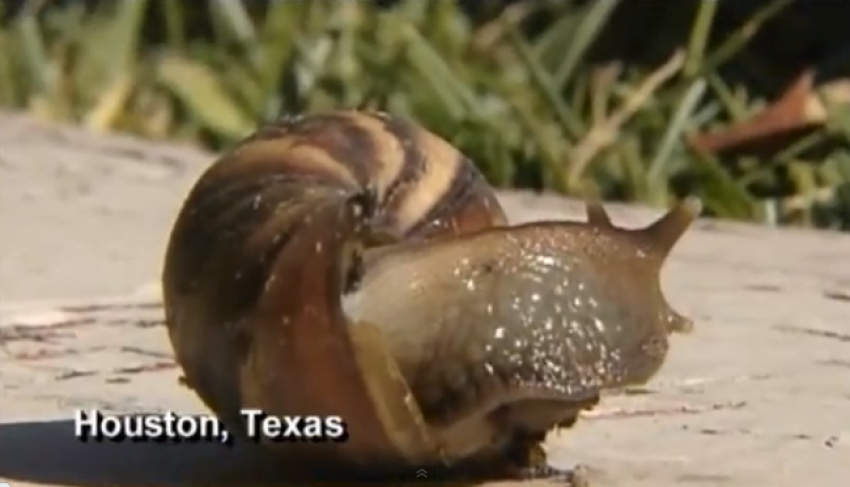Clergy Admit the Term 'Discernment' Is Code for 'Putting It Off'

Mrs. Studebaker has been a lifelong member of Nicolaitan Episcopal Church and often helps volunteers on various committees.
When a pressing issue about hosting an activist organization came up at Church Council one day, the lead pastor stated that he had not yet formed an opinion on the issue.
"I was a little worried," explained Mrs. Studebaker. "After all, he has the final say on stuff that happens at our church and Tree-Huggers Anonymous needed an answer within the week."
"I will never forget that he told us that he needed to, as he put it, 'undergo a period of discernment' before he could reach a decision."

The following day Mrs. Studebaker went to the pastor's office on a separate matter, only to find out what exactly the pastor really meant.
"He was playing Dungeons and Dragons!" she noted in exasperation. "Here I was thinking he was seriously contemplating this and all he was doing was playing video games! Ugh!"
Mrs. Studebaker's incident is not unique. Indeed, recent survey data conducted by The Barnum/Bailey Group found that for most clergy, the word "discernment" is actually tantamount to procrastination.
In a sampling of some 2,000 mainline Protestant clergy, The Barnum/Bailey Group found that 78 percent of respondents considered "discernment" as meaning "putting it off."
Meanwhile, the remaining 22 percent of respondents said that this actually sounded like a good idea and were thenceforth going to use "discernment" for that purpose.
This once esoteric code is increasingly being broken as congregants start to put two and two together, getting four regardless of their theological outlook.
Billy figured it out when he emailed his senior pastor about a proposal to spend a recent large donation on revamping the youth room.
"I was like, 'yo man I need to get an answer about this asap' and he said, 'that's cool, bro. I just need some time to discern some more about this,'" recalled Billy.
"Then about an hour later, I was checking my Facebook and there in my news feed were a whole lotta of pics he took of his time on the beach and some of the food he ate."
Some have defended the typical clerical usage of the d-word. One United Methodist district superintendent explained that "many people contemplate different things in different ways."
"It is important to note," stressed the distinguished UMC leader, "that United Methodists are not of one mind on what exactly constitutes good discernment."
Other leaders from various Protestant churches were contacted for this story, however they each explained that they had to "discern" whether or not they should respond.
WARNING: THE ARTICLE ABOVE IS A WORK OF SATIRE. PLEASE SHARE RESPONSIBLY.



























